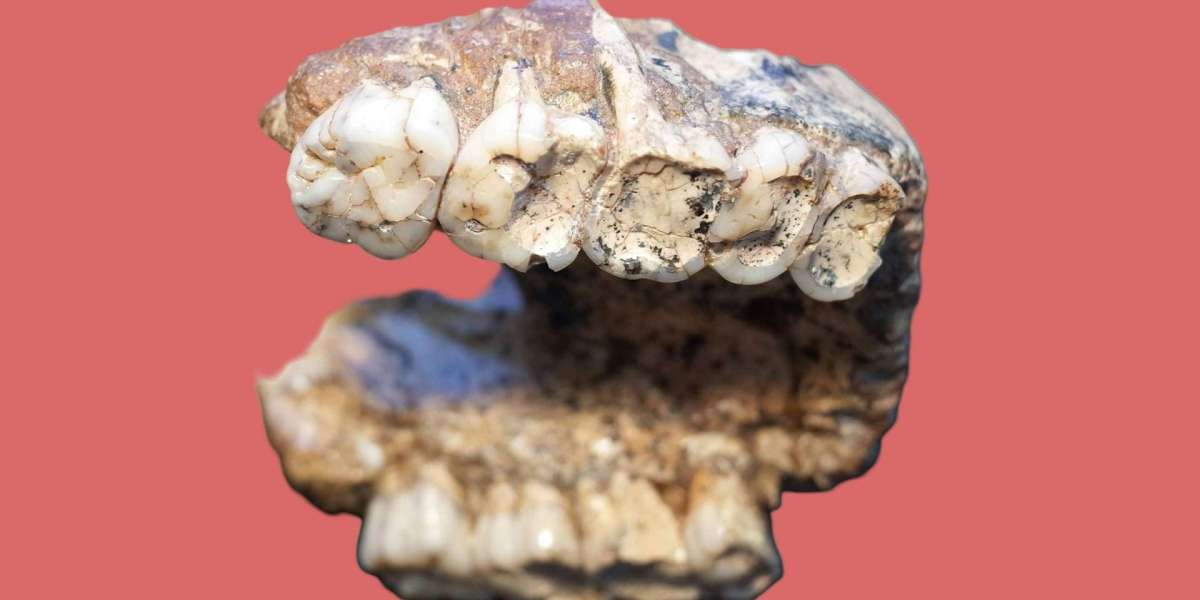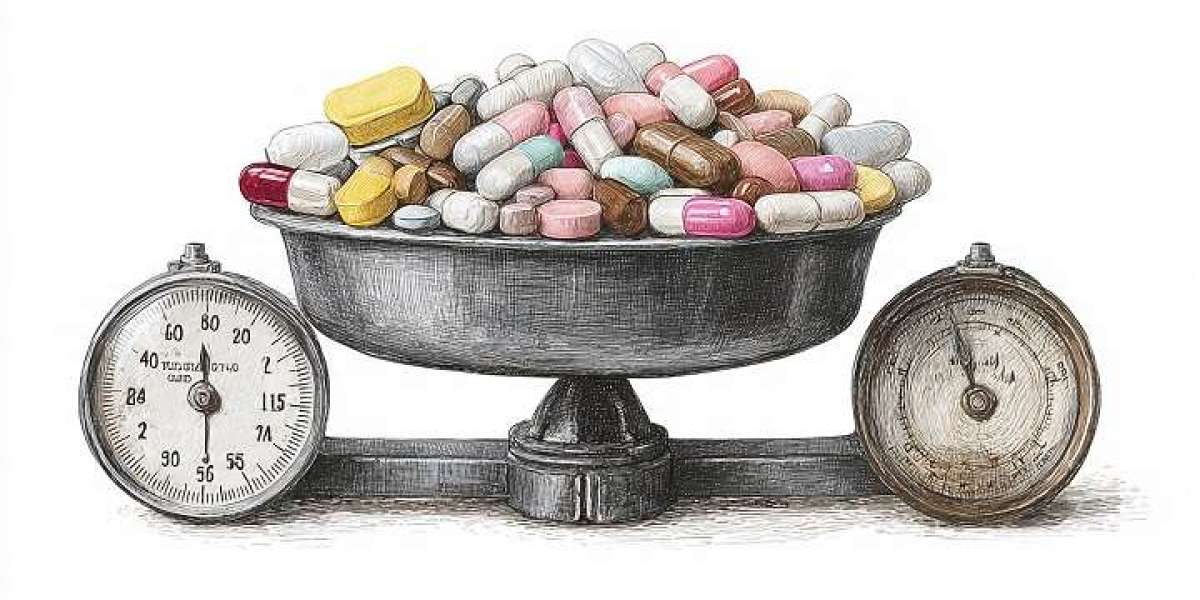article image source: freepik.com (link)
(What will be mentioned below is for advice and is not a substitute for consulting a doctor)
Few rituals are as universal and comforting as a morning cup of coffee. Beyond its irresistible aroma and energy boost, a growing body of research suggests that coffee may also play a surprising role in supporting long-term health — even helping the body stay resilient with age.
advertisement
Coffee and the Science of Staying Strong
Recent research published in the European Journal of Nutrition followed more than 1,100 adults aged over 55 for seven years. The study revealed that those who regularly consumed between four and six cups of coffee per day had a lower risk of frailty — a condition linked with weakness, fatigue, slower movement, and reduced muscle strength.
Participants who drank a moderate amount (around two to four cups daily) showed improvements in mobility and energy levels. Scientists evaluated these changes using a framework called Fried’s Five-Component Frailty Phenotype, which measures exhaustion, walking speed, grip strength, physical activity, and unintentional weight loss.
While the research was observational — meaning it can’t prove cause and effect — experts believe that coffee’s natural compounds may help slow some age-related decline.
Why Coffee Helps More Than Just Your Mood
Coffee is more than caffeine. It’s a complex mix of antioxidants, polyphenols, and plant compounds that work together to support the body in multiple ways.
Caffeine, a natural stimulant, enhances alertness, concentration, and muscle performance by blocking adenosine receptors — the brain’s “sleepiness” signal.
Polyphenols, found in abundance in high-quality beans, have strong anti-inflammatory and antioxidant effects, helping protect cells from damage associated with ageing.
Trigonelline, a lesser-known coffee compound, may support memory and cognitive health, potentially helping the brain stay sharper for longer.
These properties explain why regular coffee drinkers often experience not only better focus but also improved endurance and mobility.
Heart Health and Longevity in a Cup
Multiple studies have linked moderate coffee consumption with a lower risk of cardiovascular disease, stroke, and heart failure. Dietitians point to the beverage’s high antioxidant content, which helps reduce inflammation — a major factor in heart disease.
One study even suggested that drinking coffee earlier in the day may be associated with a longer lifespan. This could be because late-day caffeine can disrupt sleep, which is vital for cellular repair and heart health.
In addition to heart protection, coffee may modestly boost metabolism and help regulate blood sugar. Some evidence indicates that drinking one to four cups a day can lower the risk of developing type 2 diabetes, thanks to compounds like chlorogenic acid that improve insulin sensitivity.
Coffee, Movement, and Everyday Vitality
Coffee’s energy-lifting effect can go beyond mental alertness. Research shows that caffeine may enhance exercise performance by increasing muscle endurance and reducing fatigue. This means a pre-workout espresso or morning filter coffee might help you feel stronger and more active throughout the day.
Interestingly, one study found that coffee drinkers took more daily steps on average than non-drinkers — perhaps because that extra burst of energy encourages people to stay on the move.
Still, experts caution that coffee should complement, not replace, physical activity. Regular exercise and a balanced diet remain the foundation of good health.
When to Stop at “Just One More Cup”
While coffee offers a variety of benefits, moderation matters. Most adults can safely enjoy up to four cups per day — roughly 400 mg of caffeine — but individual tolerance varies. Exceeding that amount can lead to side effects such as increased heart rate, restlessness, digestive upset, or disrupted sleep.
For those sensitive to caffeine, it’s best to finish your last cup before noon to prevent insomnia or anxiety. Adding milk can provide calcium and protein, though overly sweetened drinks or high-calorie lattes should be enjoyed sparingly.
People with acid reflux, irritable bowel syndrome, or heart rhythm issues may also want to monitor their intake. Choosing a filtered or organic coffee can reduce exposure to unwanted compounds and pesticides while maximizing antioxidant content.
Beyond Coffee: Other Foods That Support Strength
Coffee isn’t the only food that promotes resilience as we age. Dietitians recommend combining it with:
Protein-rich foods like eggs, fish, dairy, legumes, and lean meats to preserve muscle.
Omega-3 fatty acids from oily fish, flaxseeds, and walnuts for joint and brain health.
Colorful fruits and vegetables, packed with antioxidants that fight inflammation.
Fermented foods such as yogurt, kefir, or kimchi to maintain a healthy gut and immune system.
Together, these foods work synergistically to help the body stay active, strong, and less vulnerable to frailty.
Conclusion: A Cup of Balance and Mindful Enjoyment
The science is clear: when enjoyed responsibly, coffee can be a powerful ally for both body and mind. Its natural compounds support energy, heart health, and even longevity — turning your daily cup into more than just a pick-me-up.
Yet, like any good thing, the secret lies in balance. A mindful approach — savoring high-quality coffee, pairing it with nutritious foods, and listening to your body — transforms your morning ritual into an act of wellness.
So tomorrow morning, when you take that first sip, think of it not just as fuel for your day, but as a quiet investment in your long-term vitality.
Sources:
The Independent – “Why an Extra Cup of Coffee a Day Could Boost Your Health”
The Telegraph – “Why an Extra Cup of Coffee a Day Could Be the Key to Reducing Frailty”
AOL – “Why an Extra Cup of Coffee a Day Could Boost Your Health”
Health.com – “What Happens to Your Body When You Drink Coffee Every Day”
Thank you !













































































